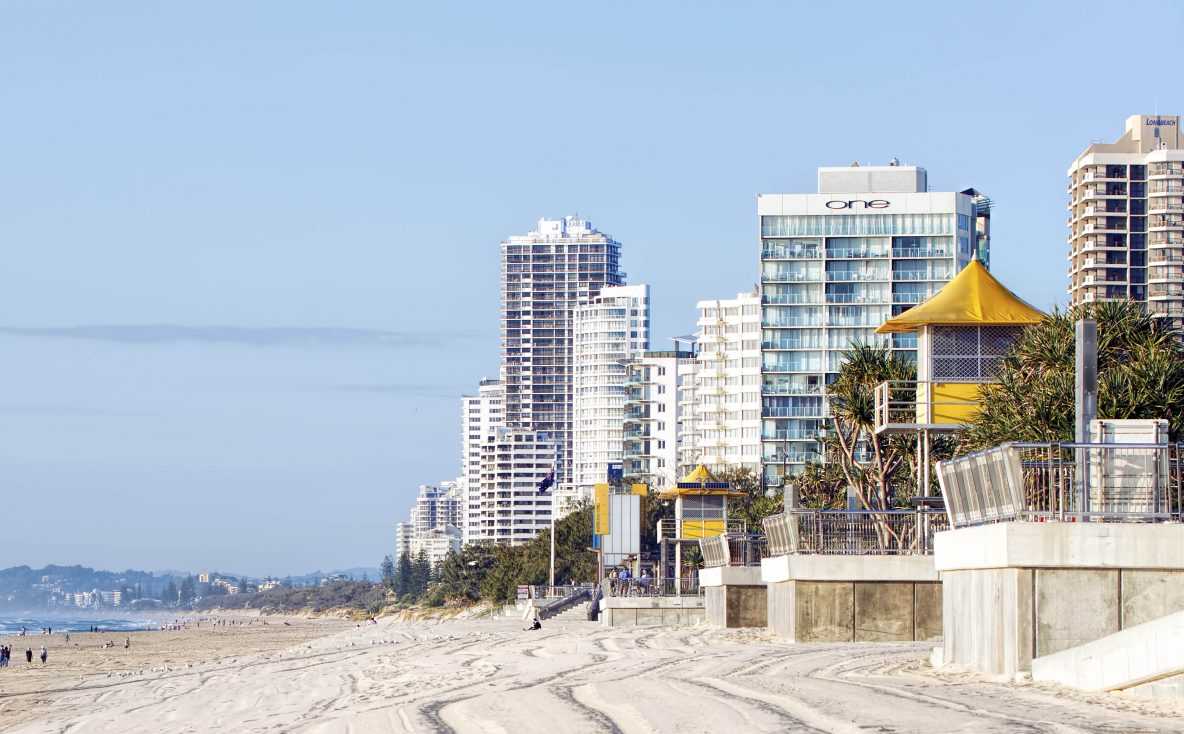The Airbnb verses apartment owners’ debate is only going to get more intense. On one hand we have an aggressive, revenue-dominated multinational with a large advertising budget and a strong intent to lobby government.
Their opponents, many of them dwellers in strata properties, are highly fragmented and have few resources, but there’s a core of dedicated, battle-hardened strata advocates who are adept at trench warfare and have good relations with government. They won’t be a pushover.
We’re still only seeing the first forays into what could be an extended battle, though signs of compromise are emerging with the news that Airbnb is piloting its Friendly Buildings Program in the US, where a recommended 5 to 15 per cent of Airbnb booking fees will be paid to the body corporate or owners’ corporation.
This marks a shift in attitude by Airbnb, which has sought unfettered use of properties everywhere for so-called “short-term lettings”. And the Airbnb clients who list their properties have assumed it’s their right to do so.
In a sense, that’s what’s wrong with the Australian approach to communal living. We act as if the rights of quarter-acre-block dwellers can be transferred unconditionally into a strata living context. From barbecues on the balcony to smoking in the toilet, we are shocked to think we might have to modify our lifestyle to accommodate a strata community.
Airbnb’s business model puts enormous stress on this fundamental problem. “It’s my home, so it’s none of your business if I choose to let people take over my apartment for the week.” But it’s no longer just about the occasional overnight guest. There are people buying and leasing apartments specifically to put them onto the short-term letting market full-time. In effect, to create hotels where none were expected.
Those opposed to short-term lettings claim a number of problems – increased security risks, overcrowding, noise, anti-social behaviour, and increased wear and tear on the common property.
How does government find a solution to this? A good place to start would be to recognise the underlying issues of both sides. Many people, legitimately, want to make their asset work better for them and earn some extra cash. Other people, legitimately, live in a building expecting it to be filled with like-minded people who want a home and not a hotel.
Short-term letting is an economic activity. For government, that means revenue; there’s not just the opportunity, but the social obligation to tax Airbnb’s Australian revenues. With that tax comes the government’s responsibility to properly regulate this new sector. Here are a few suggestions I would like to see included in the government regulation debate:
- Allow each body corporate to determine whether or not individual units can be let on a short-term basis.
- Set up a system to categorise the types of short-term rental properties and let strata owners vote on the category for their building. Unlimited short-term letting could be at one end of the scale and a complete prohibition at the other end. There could be several intermediate categories with increasing requirements for security and temporary guests’ behaviour.
- Ensure that short-term landlords don’t get a free ride on the use (or abuse) of the common property and instigate a system of appropriate payments by the individual landlords for the increased use of common property. This could take the shape of a percentage of the short-term letting revenue payable to the owners’ corporation, a fee per lease or a bond to be placed prior to any rental start.
- Further regulate and enforce existing guidelines on tenants’ behaviour in regards to use and noise.
- Ensure appropriate controls over sub-letting – owners of rental properties should have a say in whether their investment is available for short-term letting.
As with all stakeholders in strata, Airbnb will do better if it recognises it is part of a community and focuses on what it can contribute, rather than what it and its landlords can get out of it. To be a good corporate and strata citizen, Airbnb should pay its taxes. It should expect that its client base of part-time landlords also pay taxes. Further, if body corporates start receiving income from short-term lettings, there will be tax implications for them.
Good government will recognise this by putting in place regulations that ensure all taxes are paid and that all use of common property is fully paid for.

